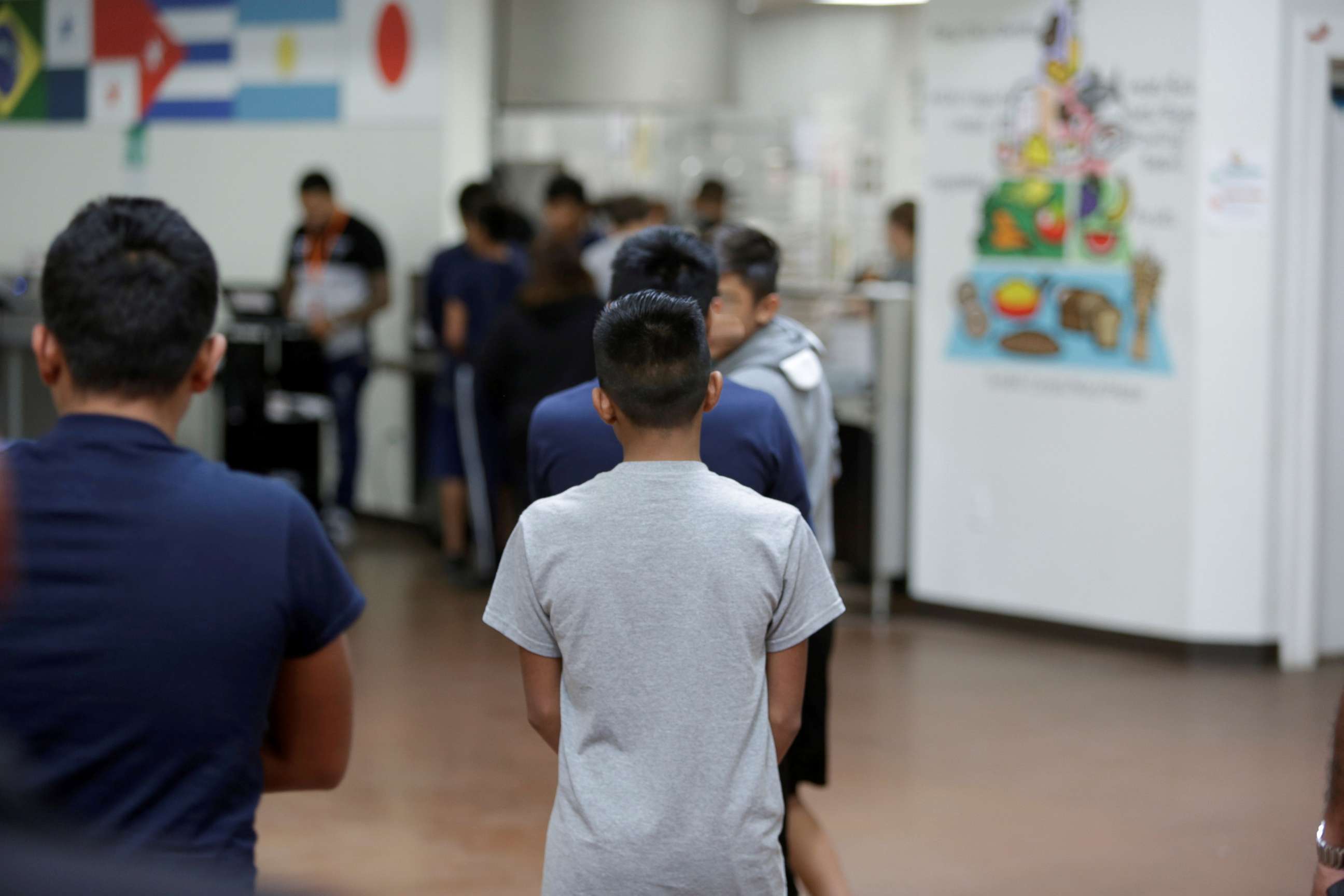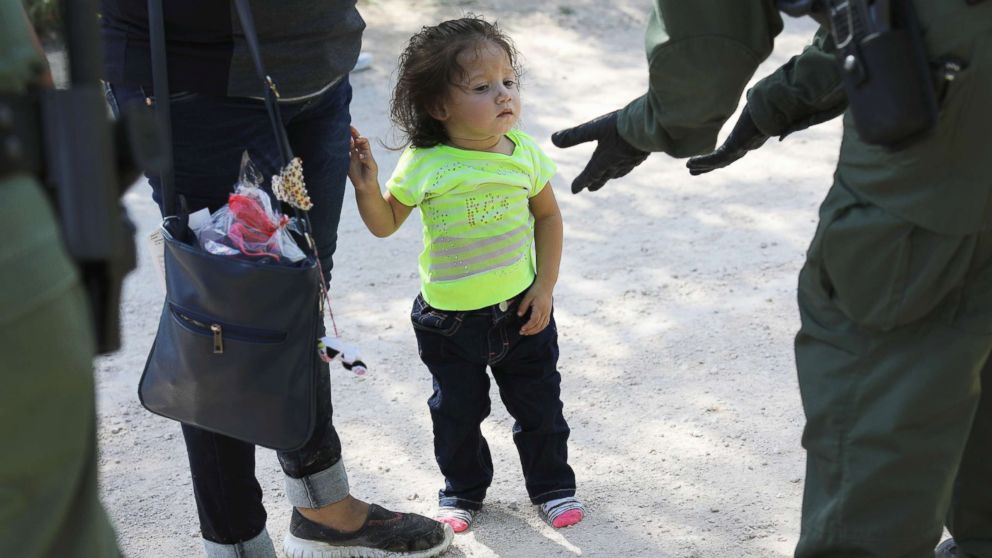Judge rejects government call for ACLU to bear reunification responsibility
A federal judge flatly rejected a Trump administration effort to shift the burden of tracking down hundreds of migrant parents deported without their children to the American Civil Liberties Union (ACLU) and other non-profits and charities -- saying the government is "100 percent" responsible for the separation and failure to reunite the migrant families.
“For every parent that is not located, there will be a permanently orphaned child and that is a hundred percent the result of the administration,” federal judge Dana Sabraw said.
"The reality is there are close to 500 parents that have not been located. Many have been removed from the country without their child," he continued. "All of this is the result of the government’s separation and failure to track and reunite” the families.
Sabraw said he plans to file an order in the coming days requiring the government to continue providing information and updates and to assign a competent leader to take charge.
Last night, Trump administration attorneys filed an unusual request in U.S. District Court in southern California, arguing that the ACLU and various charities should carry the burden of finding the 410 migrant parents deported without their children under the government’s zero-tolerance policy.
The ACLU, which sued the government over these family separations, “should use their considerable resources and their network of law firms, NGOs, volunteers, and others, together with the information that Defendants have provided (or will soon provide), to establish contact with possible class members in foreign countries,” government lawyers wrote in Thursday’s filing, employing a common acronym for non-governmental organizations.

The government also asked these groups to determine whether separated parents want to be reunited with their children -- and to facilitate all the paperwork.
The ACLU shot back that they will do whatever they can to help locate the deported parents but asserted that “the Government must bear the ultimate burden of finding the parents.” The United States government has far more resources than any group of NGOs, the ACLU argued, and it was the federal government's “unconstitutional separation practice” that caused the crisis.

The ACLU claimed that the government has provided them with “no potentially viable addresses” for 120 parents whose children remain in U.S. custody.
Advocates are concerned that some of those parents may never be found.
Following the judge's ruling, ACLU officials called the existing situation a "mess."
“The judge is refusing to let the government off the hook for the mess it made,” Lee Gelernt, deputy director of the ACLU’s Immigrants’ Rights Project, said in a statement.
In the statement, Gelernt charged that the Trump administration is withholding information that could help expedite migrant family reunions.
“Every day the government has sat on this information has been another day of suffering for these families."
Nan Schivone, legal director for Justice in Motion, a non-profit organization helping to reunite families, wrote in court papers that many of the addresses they received from the government “appear too general to provide a good lead for investigators.”
For example, she wrote, addresses simply list “Guatemala City” in Guatemala, or “Olancho” in Honduras, and are of “limited use in this search.”
Despite a court-ordered deadline of July 26 to reunite all families separated at the border, the government revealed on Thursday that 572 children remain in U.S. custody.
Still, the vast majority of separated children – 1,979 out of 2,516 – have been reunited with family or placed with sponsors, the government claimed.




